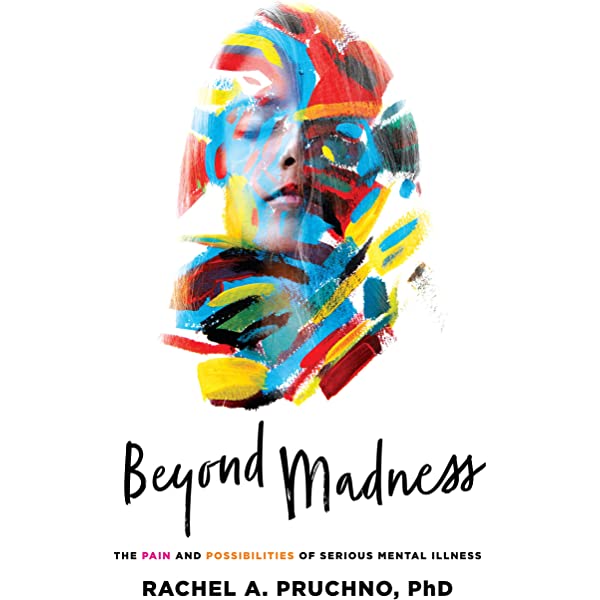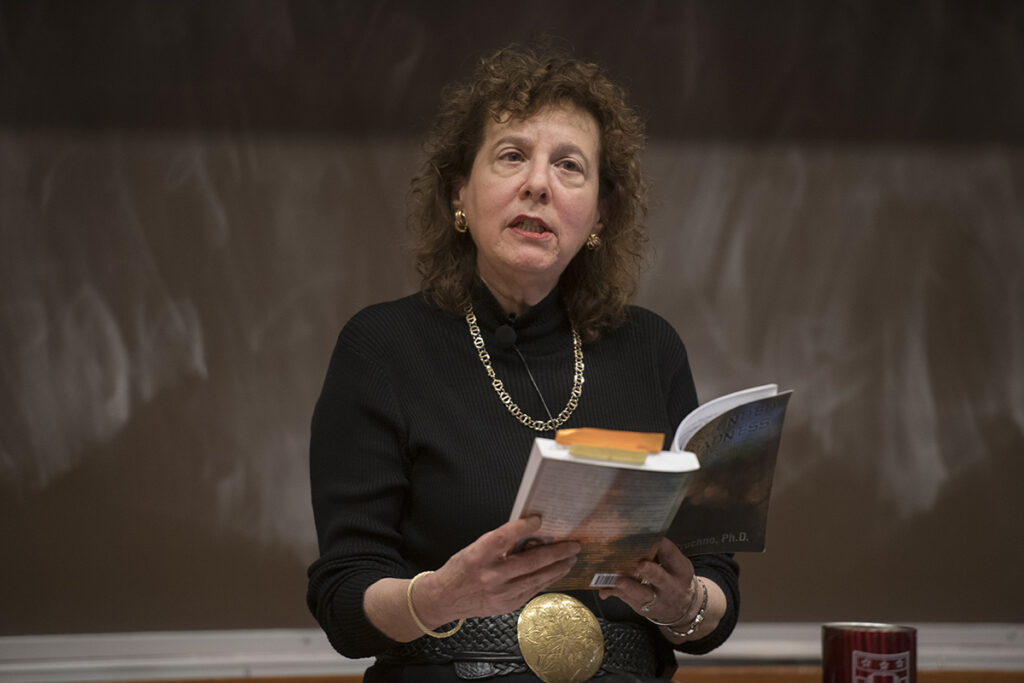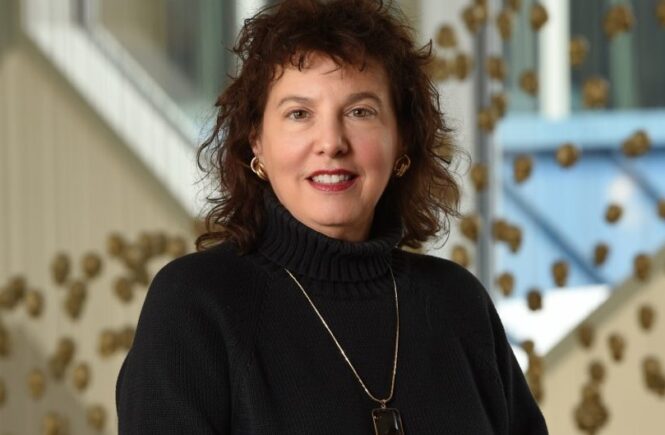Podcast: Play in new window | Download (Duration: 36:45 — 50.5MB)
Dr. Rachel Pruchno, the author of Beyond Madness, joined Discover Lafayette to discuss how 11.2 million adults and 1.9 million children (statistics as of 2017) live with serious mental illness and how their families have a front-row seat to the ravages of serious mental illness as they try to make their way in the world. Mental illness can manifest at all stages of life, from within the womb to much later in life.
Dr. Pruchno is a mental health professional with a doctorate in Human Development and Family Studies. Her book details her own experience with her mother, who suffered from mental illness and committed suicide, as well as her adopted daughter who was diagnosed with bipolar disorder.
Her mission is to help get rid of the stigma of mental illness and encourage people to speak up as they share resources and reach out to others for help. It is imperative to obtain early treatment as it helps the long-term results for the patient.
Beyond Madness is an urgent book addressing what Pruchno sees as a serious lack of information and resources for families as well as people in helping professions like teachers, clergy, and police.” I think that people need to be prepared for a long journey to find good care.” says Pruchno. “But I think what’s really important — and I wish I had known that at the time — is that you’re not alone. You’re not the only person going through this.”

Even though Dr. Pruchno is a psychologist, she didn’t readily know who to reach out to when her adopted daughter developed a serious mental illness. Sadly, there is a shortage of psychiatrists in the U. S. as many are retiring and they aren’t being replaced.
Pruchno is driven to share her knowledge and to encourage people to speak up with friends, family, neighbors, and health professionals as they endeavor to find treatment for their loved ones. Many people stay quiet due to fear of the stigma of mental illness and the thinking that their family is the only one suffering. Pruchno admits that she never spoke openly with her friends about the mental illness in her family, even her psychologist friends, and wonders now how her life might have been easier if she had done so.

“After all the work I’ve done, I believe it’s the odd family that doesn’t have mental illness in it. It may be a nephew or a cousin if not one of your close family members. It’s so prevalent and we’ve buried it for so long. I want people to learn from my own struggles. I’ve tried to make sense of it and Beyond Madness is written for lay people, for people who need it.”
In the United States, approximately half of all people with serious mental illnesses, such as schizophrenia, bipolar disorder, and depressive disorders, do not get treatment. Many rely upon alcohol and illicit substances to deal with their symptoms.
Nearly a quarter of adults with a serious mental illness meet the criteria for substance use disorder. Relative to the general population, people with serious mental illnesses are 4.6 times more likely to be smokers, 4.0 times more likely to be heavy alcohol users, 3.5 times more likely to be heavy marijuana users, and 4.6 times more likely to use recreational drugs. Among adolescents who had experienced a major depressive episode within the past year, the proportion who used illicit drugs was more than twice as high (33.0%) as that for youth who had not had a depressive episode (15.2%). Adolescents with a past-year major depressive episode also were more likely than those without an episode to use marijuana, nonprescribed psychotherapeutics, inhalants, and hallucinogens.
Psychology Today has a website (https://www.psychologytoday.com/us/psychiatrists) to help you find a psychiatrist in your area. With many doctors not accepting new patients, it can take a while to get in and Dr. Pruchno recommends calling as many as you can to get on their waiting list and in line for an appointment. She recommends that you talk to everyone you know to get their advice….including your pharmacist, dentist, and other professionals who may have insight.
The book• presents real-world vignettes that vividly describe what it is like to experience some of the most troubling symptoms of a severe mental illness;
• offers practical advice for how individuals, family members, and communities can help people with a serious mental illness;
• explains how people with mental illness can find competent health care providers, identify treatment regimens, overcome obstacles to treatment, cope with stigma, and make decisions;
• provides insight into programs, such as Crisis Intervention Training, that can help people undergoing mental health crises avoid jail and get the treatment they need;
• takes aim at the popular concept of “rock bottom” and reveals why this is such a harmful and simplistic approach;
• advocates for evidence-based care;
• documents examples of communities that have embraced successful strategies for promoting recovery;
• shows that people with serious mental illnesses can live productive lives;
We thank Dr. Rachel Pruchno for sharing her heart, her own life experiences, and her indispensable knowledge of how to obtain help for those with serious mental illness.



